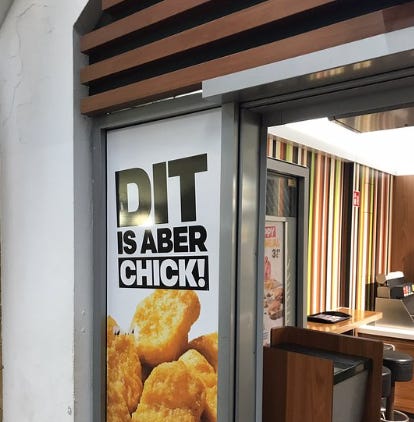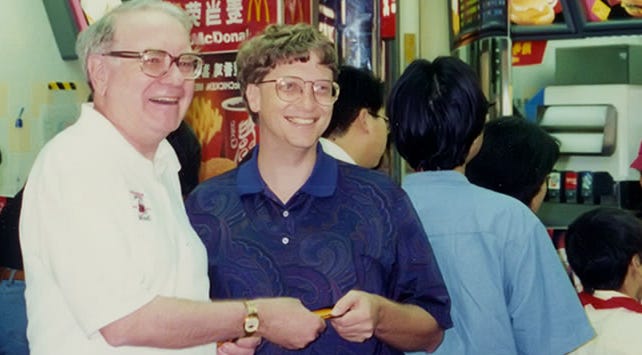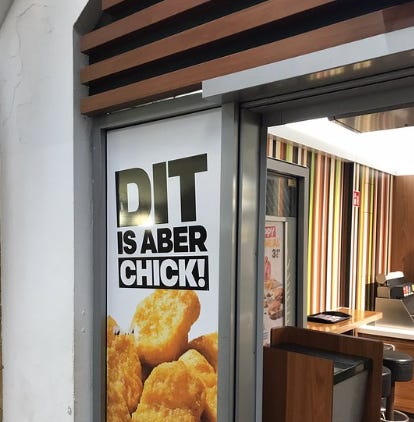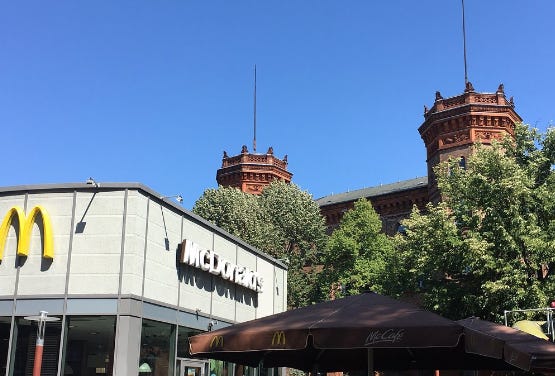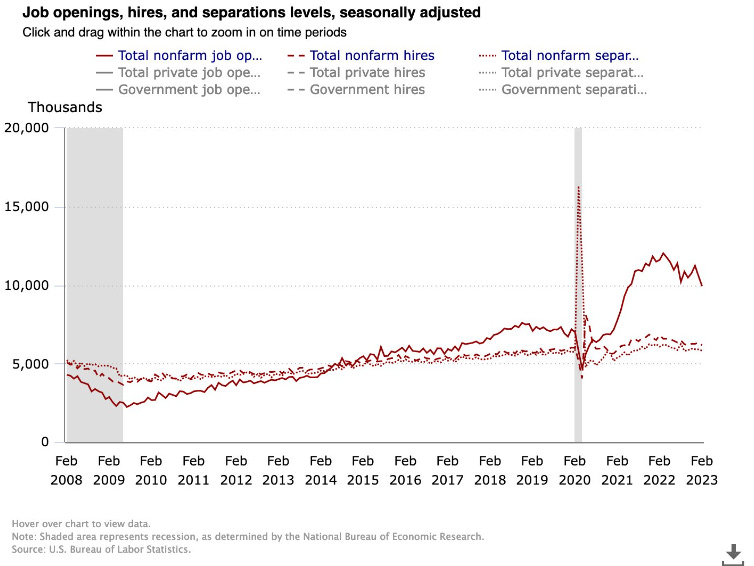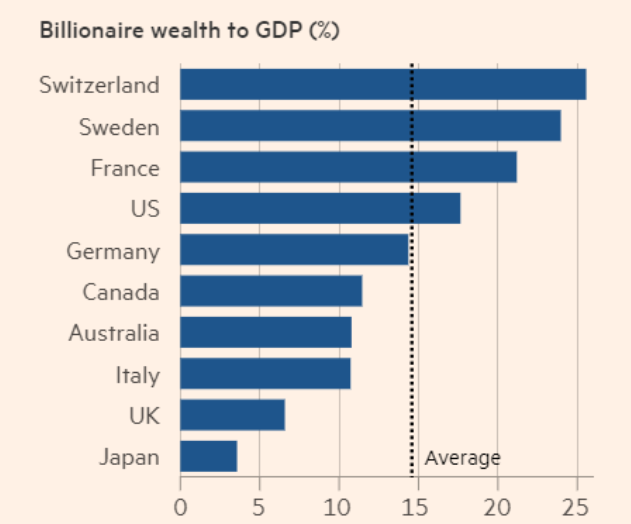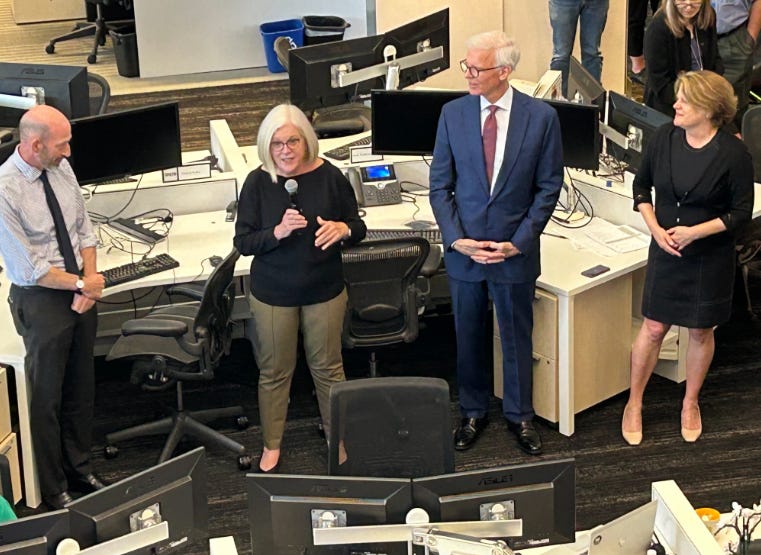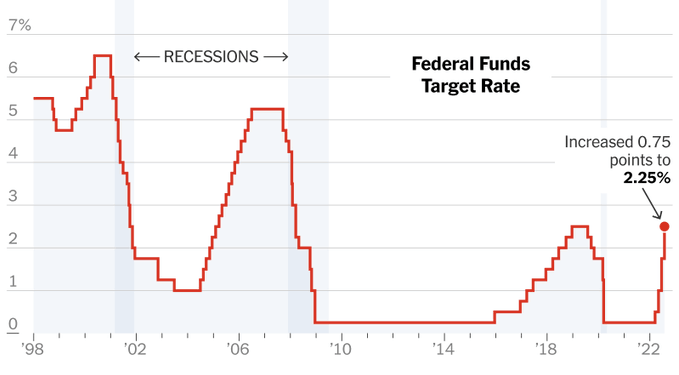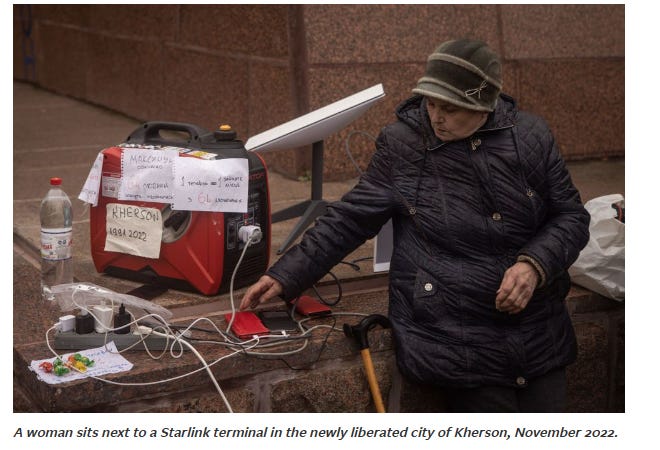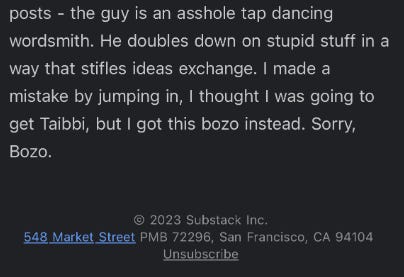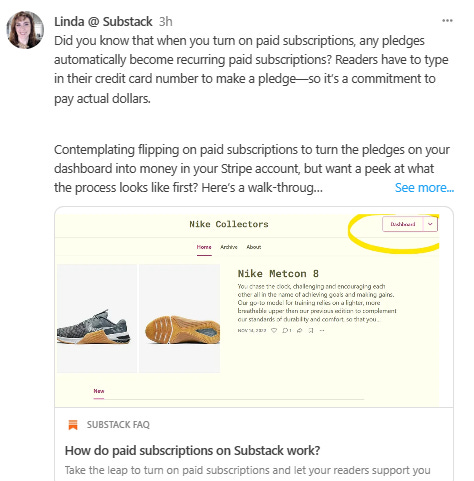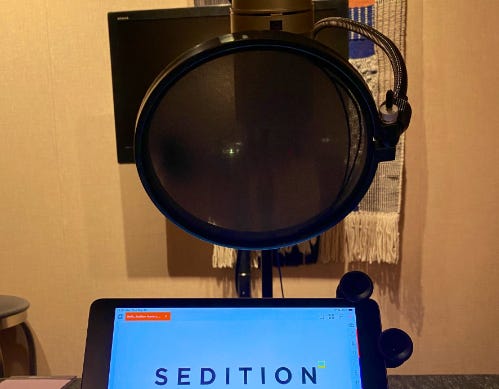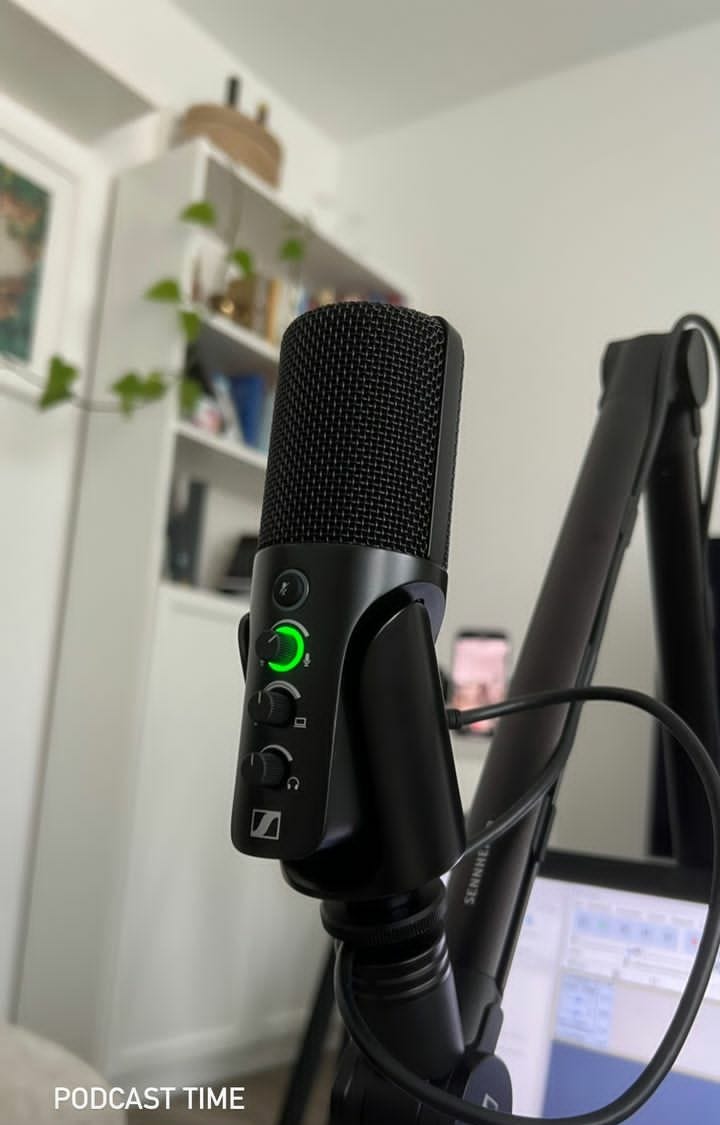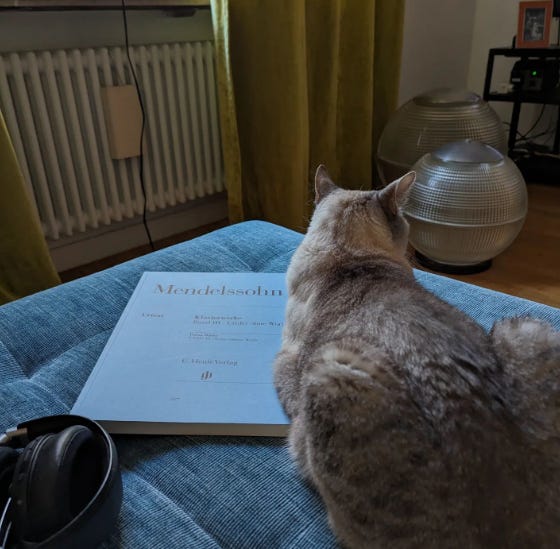DC 2.22am
If the minimum wage increased at the rate of inflation & productivity since 1960 it'd be US$26 today—not US$7.25. Meaning—billionaires & corps have stolen at least US$19/hour from working Americans for 60 years. American don't suffer a lack of resources—but an excess of greed. The number maybe crazier in less developed countries.
More context, the ratio of billionaire wealth to GDP is a specific measure of inequality, but it is important to consider that inequality encompasses a broader range of factors.
Bill Gates writes to another Trillionaire Warren Buffet: "Remember the laugh we had when we traveled together to Hong Kong and decided to get lunch at McDonald's? You offered to pay, dug into your pocket, and pulled out...coupons! Melinda just found this photo of me and "the big spender." It reminded us how much you value a good deal. That's why we want to point you to this number, 122 million. Saving children's lives is the best deal in philanthropy."
"My life couldn't be happier" says Buffett. "In fact, it'd be worse if I had six or eight houses. So, I have everything I need to have, and I don't need any more."
In March 2021, as Democratic politicians argued for an increase in the minimum wage in the U.S., many social media users pointed out that McDonald's employees in Denmark already make about $22 an hour. The relatively high pay of McDonald's employees in Denmark caused the price of the Big Mac, arguably McDonald's most famous menu item, to skyrocket.
In short, the answer is no. A McDonald's customer will pay approximately the same amount — give or take a dollar or two — for a Big Mac in Denmark as they would for a Big Mac in the United States. In fact, in many cases you'll actually pay less for a Big Mac in Denmark than you would in the United States. McDonald’s employees in Denmark make $22/hour. The Big Mac costs 13% LESS than in it does in the USA.
Menu prices vary from each McDonald's location, so it's a little difficult to say exactly how much an American would pay for a Big Mac while visiting Denmark. Anecdotally speaking, we checked menu prices via meal-delivery services (UberEats for the United States and JustEat for Denmark) to see how much this popular burger costs in their respective countries. At a McDonald's location in Copenhagen, for example, this burger cost 30.00 kr (about $4.73). At a McDonald's location in Tulsa, Oklahoma, a Big Mac costs $4.82.
This single example lines up with the Big Mac Index, an interactive tool from the Economist that compares Big Mac prices around the world. According to the Big Mac Index, "a Big Mac costs DKr30.00 in Denmark and US$5.66 in the United States." When adjusted for GDP, the Economist found that "a Big Mac costs 13% less in Denmark (US$4.90) than in the United States (US$5.66) at market exchange rates."
While our quick check of menu prices and the Economist's Big Mac Index suggest that this burger costs, on average, less in Denmark than in the United States, other informal studies have come to different conclusions.
Opinion columnist Nicholas Kristof wrote in The New York Times in May 2020, for instance, that "my spot pricing suggested that (a Big Mac might) cost about 27 cents more on average in Denmark than in the United States." Ida Auken, a Danish politician, wrote in The Washington Post that "a burger in Denmark costs roughly a dollar more that it costs in the United States."
In short, the price of a Big Mac in Denmark and the United States is roughly the same, give or take a dollar, despite the fact that employees in Denmark are paid substantially more than their U.S. counterparts.
Whether an economic theory involving McDonald's franchises and war literally holds true largely depends on one's definition of "war."
Russia and Ukraine have a McD outlet. (Was) for Russia now, because McD no longer in entire Russia.
In 1996, columnist Thomas Friedman came up with what is known as the Golden Arches Theory of Conflict Prevention, the notion that no two countries with McDonald's franchises have ever gone to war with each other. People in McDonald's countries, he said, "don't like to fight wars. They like to wait in line for burgers," and "countries with middle classes large enough to sustain a McDonald's have reached a level of prosperity and global integration that makes warmongering risky and unpalatable to its people."
Although Friedman's idea was somewhat tongue-in-cheek and not necessarily meant to be taken literally and absolutely, it does not seem to have held true in all cases.
Some may disagree over which armed conflicts truly constitute "wars," but a look to the Balkans disproves the McDonald's theory. The first McDonald’s in what was then Yugoslavia opened up to much fanfare on 24 March 1988 in Belgrade, now the capital of Serbia:
Communism suffered its first Big Mac attack today as McDonald's opened a restaurant in Yugoslavia, and police were called in to keep customers who lined up for hours from getting too unruly under the golden arches.
I just wanted to taste genuine American hamburgers," said Milica Nikolic, a high school student who waited for three hours to taste her first Big Mac. People curiously examined the renovated restaurant's plush interior and the back-lit signs depicting the hamburgers, french fries, milk shakes and other fare more familiar in the West. It also featured amber-colored tables and floors, pastel-colored upholstery, modern art paintings and discreet illumination.
As tensions mounted between different national and ethnic groups within Yugoslav society, the existence of a McDonald’s was actually a point of conflict within the fracturing federation:
As the franchise spread throughout Eastern Europe, having a McDonald’s became a source of national pride. Some of the earliest manifestations of the mounting tensions between Croatia and Serbia were evident in songs about McDonald’s [which] Serbs sang at football matches. Some late-1980s chats went “we have a McDonald’s, McDonald’s, McDonald’s, we have a McDonald’s, and where is yours?”
A series of bloody conflicts in the 1990s resulted in the piecemeal dissolution of Yugoslavia and led to the Kosovo War, which was waged between February 1998 and June 1999 and pitted the forces of the Federal Republic of Yugoslavia (an entity comprising Montenegro and Serbia) against the Kosovo Liberation Army (KLA) rebel group, the latter supported by the North Atlantic Treaty Organisation in the air and the Albanian army on the ground.
It was the Federal Republic of Yugoslavia, whose capital was Belgrade, that U.S.-led NATO forces bombed during the Kosovo War between 24 March 1999 and 10 June 1999. Several McDonald’s-containing countries, including the United States, participated in this campaign, which can accurately be described as pitting several McDonald’s countries against the McDonald’s-containing country known then as the Federal Republic of Yugoslavia:
All nineteen NATO countries [contributed] to Operation Allied Force. The countries include[d] Belgium, Canada, Czech Rep, Denmark, France, Germany, Greece, Hungary, Iceland, Italy, Luxembourg, The Netherlands, Norway, Poland, Portugal, Spain, Turkey, United Kingdom, and the United States.
In fact, a Belgrade McDonald's was used as a bomb shelter during those air strikes, which were dubbed Operation Allied Forces by the United States military:
Despite Belgrade’s early euphoria about the arrival of their own McDonald’s, a decade later, some of the city’s hooligans demonstrated their anger with American foreign policy by attacking the franchise. During the first days of the 1999 NATO bombing campaign, McDonald’s main store was attacked and badly damaged by an angry mob. Franchise owners responded by producing posters and lapel buttons showing the golden arches topped with a traditional Serbian cap called the sajkaca. They also converted the lower-floor seating area of one McDonald’s restaurant into a bomb shelter.
Several other examples of military conflicts between McDonald's-containing countries could be proffered as exceptions to the Golden Arches Theory of Conflict Prevention, including the following:
The 1989 U.S. invasion of Panama, during which U.S. military forces battled Panamanian Defense Forces in a successful attempt to oust and arrest Panamanian military dictator Manuel Noriega.
The 1999 Kargil War, during which India and Pakistan clashed over Kashmir.
The 2008 Georgian War during which independent Republic of Georgia (formerly a republic of the USSR) fought with Russia and Russian-backed separatists in the regions of South Ossetia and Abkhazia.
The 2014 invasion of Ukraine (another independent former Soviet Republic) by Russia, culminating in the Russian Federation's annexation of the Crimean peninsula from Ukraine.
and of course, Russia - Ukraine, today is Day-568 war and still counting.
=========END————
Thank you, as always, for reading. If you have anything like a spark file, or master thought list (spark file sounds so much cooler), let me know how you use it in the comments below.
If you enjoyed this post, please share it.
______________
If a friend sent this to you, you could subscribe here 👇. All content is free, and paid subscriptions are voluntary.
——————————————————————————————————
-prada- Adi Mulia Pradana is a Helper. Former adviser (President Indonesia) Jokowi for mapping 2-times election. I used to get paid to catch all these blunders—now I do it for free. Trying to work out what's going on, what happens next. Arch enemies of the tobacco industry, (still) survive after getting doxed. Now figure out, or, prevent catastrophic situations in the Indonesian administration from outside the government. After his mom was nearly killed by a syndicate, now I do it (catch all these blunders, especially blunders by an asshole syndicates) for free. Writer actually facing 12 years attack-simultaneously (physically terror, cyberattack terror) by his (ex) friend in IR UGM / HI UGM (all of them actually indebted to me, at least get a very cheap book). 2 times, my mom nearly got assassinated by my friend with “komplotan” / weird syndicate. Once assassin, forever is assassin, that I was facing in years. I push myself to be (keep) dovish, pacifist, and you can read my pacifist tone in every note I write. A framing that myself propagated for years.
(Very rare compliment and initiative pledge. Thank you. Yes, even a lot of people associated me PRAVDA, not part of MIUCCIA PRADA. I’m literally asshole on debate, since in college). Especially after heated between Putin and Prigozhin. My note-live blog about Russia - Ukraine already click-read 4 millions.
=======
Thanks for reading Prada’s Newsletter. I was lured, inspired by someone writer, his post in LinkedIn months ago, “Currently after a routine daily writing newsletter in the last 10 years, my subscriber reaches 100,000. Maybe one of my subscribers is your boss.” After I get followed / subscribed by (literally) prominent AI and prominent Chief Product and Technology of mammoth global media (both: Sir, thank you so much), I try crafting more / better writing.
To get the ones who really appreciate your writing, and now prominent people appreciate my writing, priceless feeling. Prada ungated/no paywall every notes-but thank you for anyone open initiative pledge to me.
(Promoting to more engage in Substack) Seamless to listen to your favorite podcasts on Substack. You can buy a better headset to listen to a podcast here (GST DE352306207).
Listeners on Apple Podcasts, Spotify, Overcast, or Pocket Casts simultaneously. podcasting can transform more of a conversation. Invite listeners to weigh in on episodes directly with you and with each other through discussion threads. At Substack, the process is to build with writers. Podcasts are an amazing feature of the Substack. I wish it had a feature to read the words we have written down without us having to do the speaking. Thanks for reading Prada’s Newsletter.
Wants comfy jogging pants / jogginghose amid scorching summer or (one day) harsh winter like black jogginghose or khaki/beige jogginghose like this? click
Headset and Mic can buy in here, but not including this cat, laptop, and couch / sofa.




